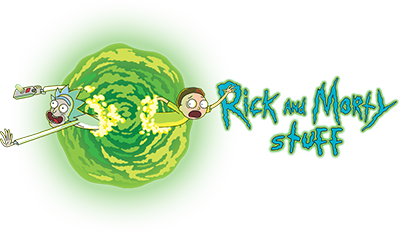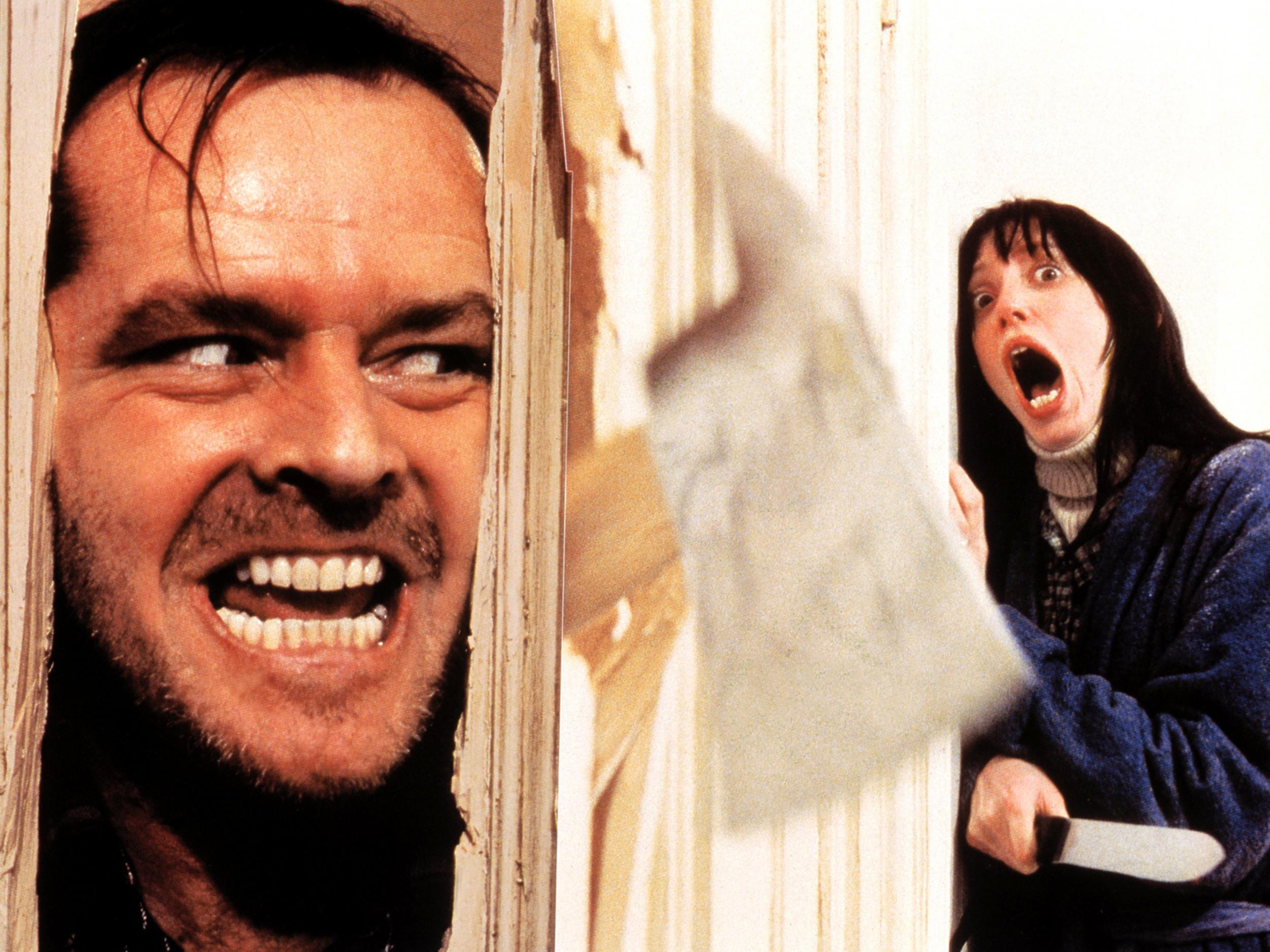Stephen King’s “The Shining” is renowned for its haunting exploration of isolation and the psychological turmoil it can evoke. Set predominantly in the eerie confines of the Overlook Hotel, the story presents a multitude of experiences that illustrate how isolation affects not only the protagonist Jack Torrance but also his wife Wendy and son Danny. The hotel, serving as both the backdrop and a primary antagonist, allows King to delve into the depths of human psychosis exacerbated by solitary confinement.
The Overlook as a Character
The Overlook Hotel itself is a powerful symbol of isolation. It isn’t just a setting; it operates almost as a character that increasingly influences the narrative’s trajectory. The hotel, with its vast empty hallways and ominous past, provides a perfect environment for Jack’s unraveling sanity. As he takes on the role of winter caretaker, his increasing seclusion from society presents him with a double-edged sword. While he yearns for the peace and quiet that isolation can bring, he becomes a prisoner of his own mind, illustrating how isolation can lead to the deterioration of one’s mental state.
The Impact on Family Dynamics
The symbolism of isolation extends to Jack’s relationship with his family. As the narrative unfolds, readers witness the emotional and psychological distance that isolation creates. Jack’s struggle with alcoholism and his violent tendencies are magnified in the confines of the hotel, causing a rift between him and Wendy. Their son, Danny, is caught in the middle, gifted with psychic abilities that allow him to sense the hotel’s malevolence. His own isolation, amplified by his father’s emotional upheaval, showcases how the need for familial connection becomes desperate in the absence of external social structures. The psychological themes resonate with readers, demonstrating that isolation can fracture even the most loving family bonds.
Isolation and the Supernatural
In “The Shining,” isolation is also intertwined with the supernatural elements that permeate the narrative. The hotel is steeped in a bloody history, which isolates the spirits of the deceased within its walls. Jack, influenced by the malevolent forces of the Overlook, begins to lose touch with reality, aligning his own isolation with that of the ghosts trapped within the hotel. They represent the inescapable burden of tragic pasts, haunting both Jack and Wendy in their quest for understanding and sanity. In this way, King illustrates how isolation can transcend time and space, becoming a haunting presence that persistently affects those who dwell in its shadow.
The Shining store: A Reflection of Fan Culture
The timeless themes of “The Shining” have permeated popular culture, as evidenced by the existence of “The Shining Store,” a niche retail paradise for fans of the narrative. This store embodies how isolation experienced within the novel can ironically foster a sense of community among fans. Here, individuals can connect, share their interpretations of the narrative, and celebrate their love for King’s work. While Jack, Wendy, and Danny suffer the isolating effects of their environment, fans can find solace in each other’s company, showcasing a contrasting reality where passion and shared appreciation can invert the consequences of isolation.
Conclusion: The Duality of Isolation
Ultimately, “The Shining” serves as a profound commentary on the symbolism of isolation, revealing its dual nature. It can lead to profound self-discovery or catastrophic madness, as demonstrated through Jack’s journey. King masterfully weaves this theme throughout his work, particularly through the Overlook Hotel’s oppressive atmosphere and the dynamics of the Torrance family. As modern audiences continue to engage with “The Shining,” whether through literature, film, or even through specialty stores dedicated to its legacy, the conversation about isolation remains as relevant today as it was at the book’s publication, reflecting on how profoundly it shapes human experience.

